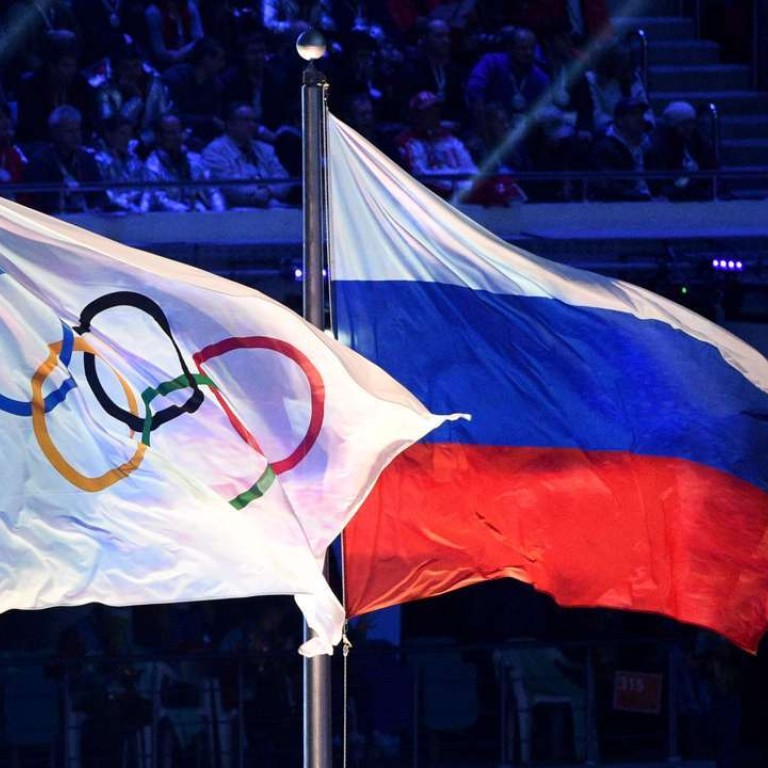
IOC ruling on Russian athletes must be transparent
Any action needs to be fully explained so that Moscow cannot argue that it is an example of one country being singled out as a scapegoat.
Later today the International Olympic Committee will consider whether to ban the entire Russian team from the Rio Olympic Games over drug cheating at the Sochi Winter Olympics in Russia. The Court of Arbitration for Sport (CAS) may have already shaped the outcome of today’s deliberations by upholding a separate ban on the Russian Olympic track and field team for Rio of 68 athletes.
Russia had appealed against a ban imposed last month by the International Association of Athletics Federations over drug violations, cover-ups and intimidation of drug-testers.
Since then the World Anti-Doping Agency has called for Russia to be banned from the Rio Olympics after uncovering detailed proof of a massive state-sponsored doping programme across many sports, including tampering with urine samples, at Sochi and other competitions. This prompted the IOC to say it would consider legal options to ban all Russian athletes from the Olympics – after the CAS had ruled on Russia’s appeal on behalf of the track and field athletes. That time has come today.
A ruling in favour of Russia would have greatly narrowed the options. That might have come as a relief to IOC members who are not relishing the prospect of having to make hard, contentious decisions just two weeks ahead of the Rio Games. Pressure is building against sanctions to protect innocent athletes from being smeared. Russian Sports Minister Vitaly Mutko said: “This decision violates the rights of clean, honest athletes and sets a collective responsibility precedent.”
Smearing and suspicion was inevitable. The perpetrators of what IOC chief Thomas Bach calls a shocking attack on the integrity of sports and the Olympics should have thought of this before they hatched their plot. More than a dozen national anti-doping organisations, including those of Canada, New Zealand and Japan, have shown they are more in touch with public sentiment. They have signed a letter to the IOC arguing for denying all Russian athletes entry to the Olympics and urging the committee not to delegate its responsibility.
In principle there is a strong case for the IOC to take resolute action to ensure clean competition. After all the scandal of corruption surrounding both the IOC and Fifa, soccer’s world controlling body, people expect it . That said, Moscow can be expected to play the victim. The IOC has to ensure that any action taken against Russian athletes is the result of a transparent process and is fully explained so that Moscow cannot argue that it is an example of one country being singled out as a scapegoat.

